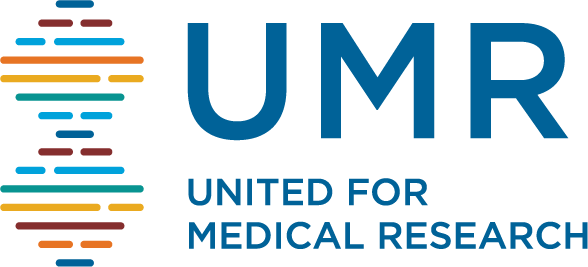June 10, 2009
There’s a scientific revolution taking place.
Past investments in the National Institutes of Health (NIH) have not only wiped out diseases that killed our grandparents, but they have also led us to the brink of new discoveries that will make our children and grandchildren free from the diseases that we still suffer and fear.
These breakthroughs can come because of a unique moment in the history of science. The mapping of the human genome and advances in our understanding of the way life works have pushed us into a new phase of biological study.
Today, scientists know exactly where to look to find cures. They just need the funding to get there.
Indeed, the 21st century may belong to the life sciences.
Just as the industrial revolution fundamentally transformed the 19th century, and the physics and information technology revolution made the United States the world’s leading economic power at the end of the 20th century, the coming biomedical revolution will be critical to economic leadership and well-being in the 21st century.
As the development of the transistor led to the microprocessor, the Internet and a revolution in communications, so, too, research in medical labs will not only cure diseases in the human body, but will lead to other discoveries in life sciences that can help improve the human condition more generally.
We already see this cross-innovation taking place in the way the study of living things is leading to breakthroughs in new, organic ways to produce clean energy that protect the climate.
That’s why more than twenty of the nation’s leading research institutions, and health and patient advocates have united behind a single purpose: to call upon the United States to make a new commitment to funding the NIH.
We’re seeking consistent increases in the NIH budget over the long term, because the fruits of science are a necessity, not a luxury, as much in hard times as in good.
We’re calling our efforts United for Medical Research (UMR).
And we’re launching a multi-year advocacy and education campaign to seek the NIH funding necessary for delivering on the promise of the Life Sciences Century.
We hope this web site will serve the entire community of advocates for life sciences research. Here we will collect and promote the latest news and events from across the NIH advocacy community.
We’ll also archive key resources that have served to inform and educate policy makers, patients and caregivers, the scientific and academic communities across disciplines about the importance and need for a strong long-term commitment to the NIH.

